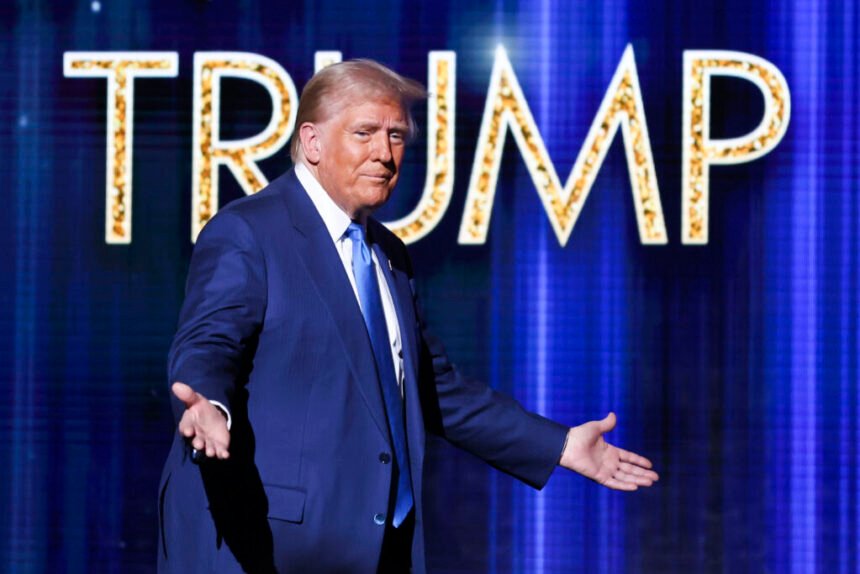Newly elected U.S. President Donald Trump’s tariff threats are causing significant concern in Europe, with his proposed 60% tariffs on Chinese imports having far-reaching implications. According to Politico, while Trump has targeted China, Europe could soon find itself caught in the crossfire.
During his campaign, Trump promised to impose tariffs ranging from 10% to 20% on all imports, with a particular focus on China, where he suggested a 60% tariff. Last week, Trump threatened an additional 10% tariff if China fails to stop the flow of fentanyl into the United States. Just days later, he ramped up his rhetoric, threatening a 100% tariff if China and its BRICS allies abandon the U.S. dollar and adopt an alternative currency.
Though these threats have so far been aimed directly at China, European officials are beginning to recognize that they may need to prepare for the possibility of being drawn into a U.S.-China trade war. As Trump’s tariffs target Chinese goods, there are fears that these products may be redirected to European markets.
Anthony Gardner, former U.S. Ambassador to the European Union, emphasized that the primary concern is not NATO or even Ukraine, but rather the shift of Chinese exports from the U.S. to Europe. He warned that this shift could lead to significant consequences, including deindustrialization and the rise of populist parties in Europe, which could push the continent to the right in search of extreme solutions to these issues.
EU governments are particularly worried about being caught between two geopolitical giants, China and the United States. As one EU diplomat anonymously told Politico, “We don’t have the luxury of only considering the immediate impact of U.S. tariffs on EU goods. The effect of changing trade flows, as a result of U.S. tariffs on China, could hit us sooner than we want.”
This concern is valid, especially given that European countries would likely feel the consequences of a trade war with China, which could reduce trade and economic growth. At the same time, Germany, Europe’s largest economy, is expected to see negative growth for the second consecutive year. According to the Kiel Institute for the World Economy, Europe would be less impacted than other regions, with GDP estimated to decline by 0.14% in the first year of Trump’s trade war, and 0.2% in the longer term.
Despite these smaller economic impacts, Trump’s tariff threats are likely to force Europe to make a difficult choice between appeasing Washington and maintaining its complex, yet lucrative economic relationship with China, the largest market for many European exporters.
While the Trump administration is still forming, it appears that there may not be as many officials with the most radical protectionist views that marked his first term. For example, former U.S. Trade Representative Robert Lighthizer, an architect of Trump’s protectionist policies, is not expected to have a role in the new administration. Instead, Howard Lutnick, a veteran Wall Street figure, is poised to take on a more nuanced role in trade policy, seeing tariffs as a negotiating tool rather than a final goal.
As Europe has already attempted a measured approach to its growing trade deficit with China—such as imposing import duties on Chinese-made electric vehicles—its challenge now is balancing its economic interests with the pressures from Washington. The Biden administration has already implemented a 100% tariff on Chinese electric vehicles, raising the stakes for Europe.
Trump is expected to press the EU to adopt a tougher stance toward China once he is inaugurated on January 20. However, as European officials point out, the EU and the U.S. have faced similar challenges before without finding a unified solution. “If there is a willingness to align strategies to deal with China’s overcapacity, each side will approach it in its own way. In the EU, we’ll mainly focus on trade defense, including more protective measures,” said Ignacio Garcia-Bercero, former head of trade with the U.S. at the European Commission during Trump’s first term.







